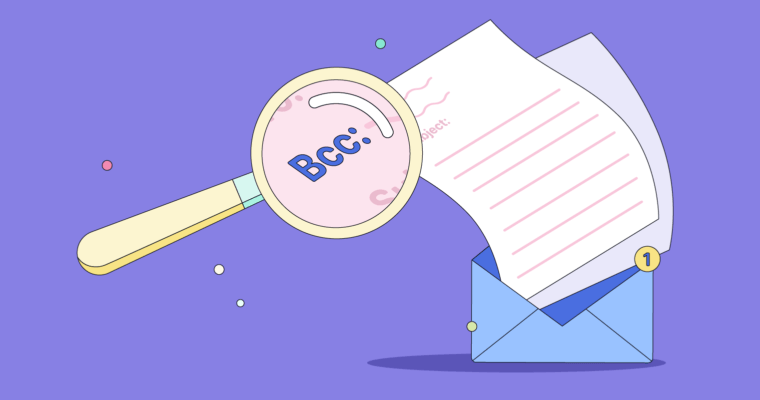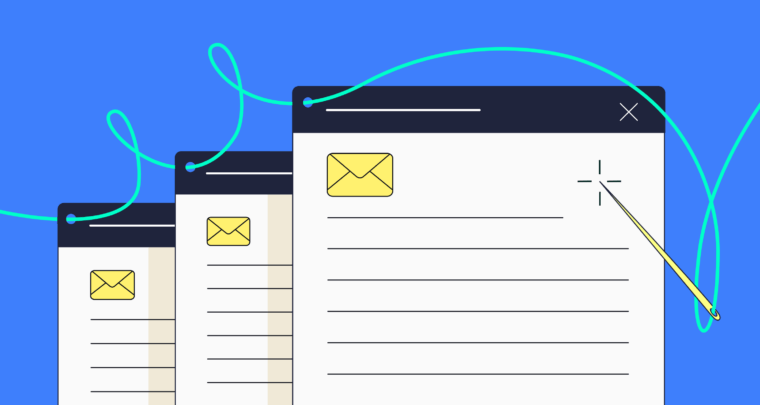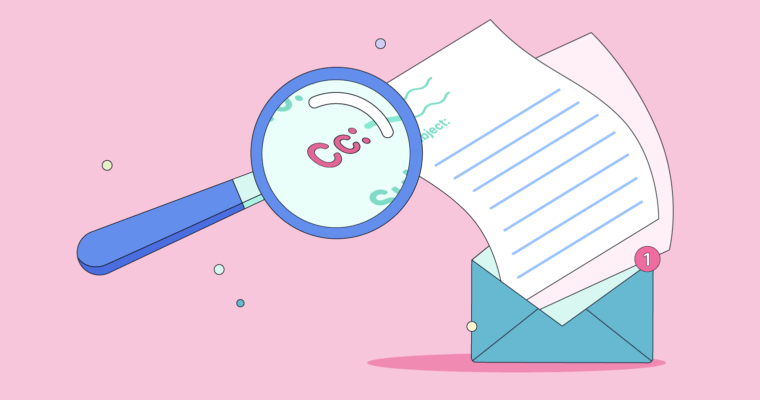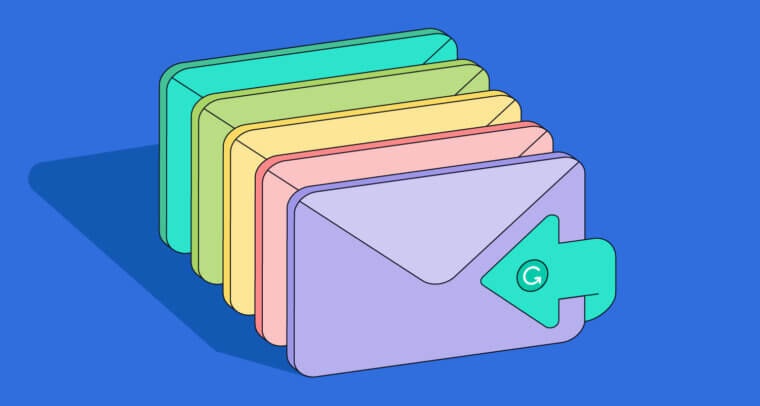
When your day involves sending off multiple emails, it can be a challenge not to default to the everyday phrases we use all the time in written communication. But do you ever get sick of endlessly typing “I hope you’re doing well” and “have a great day?”
Some argue that email clichés, although they’re mostly meaningless, do have a purpose. Although you may not actively wonder whether the person you’re emailing is doing well, or whether they’ll have a great day, you were at least thoughtful enough to begin and end your email with those polite sentiments.
But if you’re tired of typing the same stock lines—a sort of email autopilot—there are some simple ways to change things up and take your email from utilitarian to unique.
Greetings
“Hi, Name” is a perfectly legitimate way to begin most emails, although that can depend on the email’s context. But what happens directly after the salutation? How do you greet your recipient? Here are a few common greeting clichés and some alternatives.
1 “How are you?” or “How are you doing?”
We use this one a lot. In fact, it’s so pervasive that most of us skim right past it as we’re reading our incoming emails. It’s accepted as polite, and few people get outright annoyed by it, but there are options if you’d like to change things up.
Alternatives:
- Jump right in. There’s nothing wrong with getting straight down to business. Just read through your email before sending it to make sure you haven’t come across as abrupt or unfriendly.
- Use a bit of small talk. If you know the recipient, it never hurts to remind them that you have an existing relationship. “I’m glad we had a chance to chat at the Acme Sales Lunch last month. I hope you enjoyed the rest of your stay in San Francisco.”
RELATED: 5 Better Alternatives to “I Hope This Email Finds You Well”
2 “I’m NAME and I work for COMPANY.”
Although they’re usually necessary in some form or another when you email someone you don’t know well (or at all), introductions can be dull. Here are a few tricks to try.
Alternative:
- Drop a name. If you have a mutual acquaintance or someone referred you, try “Ella Quint at ABC Widgets suggested I get in touch.”
- Tell them why you’re emailing. Busy people appreciate when we get to the point. “I’m reaching out because . . .” or “I’m writing to learn more about . . .”
3 ”Per our conversation . . .”
This one sounds too officious and formal. Worse, it can come across as demanding, or even aggressive.
Alternative:
- Restate the conversation politely. “When we chatted last week, we agreed that we would draft the quarterly report by July 15.”
Apologies
You messed up. It happens. But a canned apology doesn’t have to.
4 “Sorry for the late response.”
We all forget to reply to important emails from time to time. But calling attention to your mistake only makes things worse.
Alternative:
- Don’t say sorry, say thanks. “Thanks for your patience while I waded through my inbox deluge.”
5 “I’m sorry you feel . . .” or “I’m sorry, but . . .”
When you say “I’m sorry you feel angry” you sound as though you’re saying “I’m upset that I have to deal with your anger.” And, of course, “I’m sorry, but . . .” means “I’m not sorry and I’m going to make an excuse.”
Alternative:
- Just say you’re sorry. Own it, and be specific. “I’m sorry my tardiness inconvenienced you yesterday.”
RELATED: How to Write an Apology Letter
Sign-offs
You’ve taken the time to craft a unique email, so don’t get clichéd on the sign-off.
RELATED: How to End an Email: 9 Best and Worst Email Sign-Offs
6 “Looking forward to hearing from you.”
Nobody likes this one, because it seems to imply “You’d better write back.”
Alternative:
- Use a call-to-action. If you want to hear back from your recipient, tell them what you want them to do. “Would you please let me know by September 13th if you’ll be able to attend?”
7 “Thanks in advance.”
Although a study by the email app Boomerang rated “Thanks in advance” as the sign-off with the highest response rate, it’s not the best sign-off for creating goodwill. Like “Looking forward to hearing from you”, it has a tone of “I expect you to do this.”
Alternative:
- Offer appreciation. Instead of sounding demanding, sound appreciative. “I’m grateful for your help on . . .”
More from Grammarly:
12 Things to Write About When You’re Fresh Out of Ideas
Here’s How to Finish Anything You Start
A Writer’s Guide to Creating Social Media Copy from Idea to Publish








